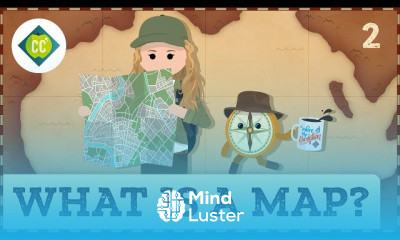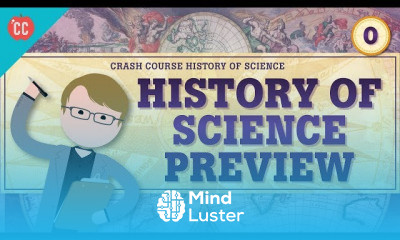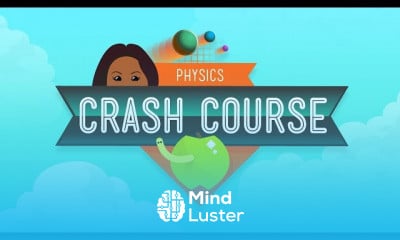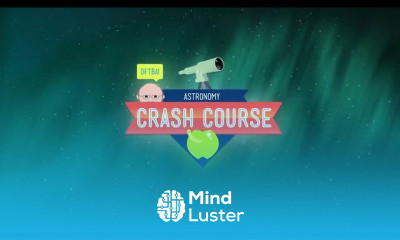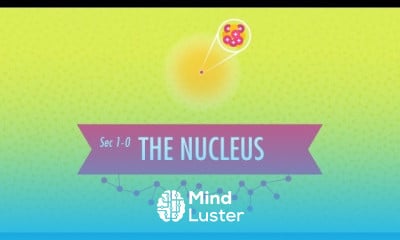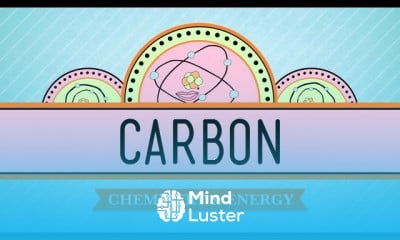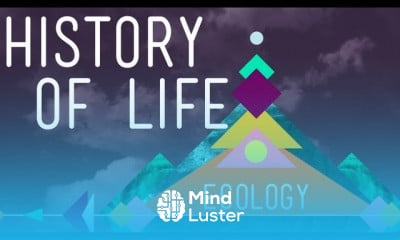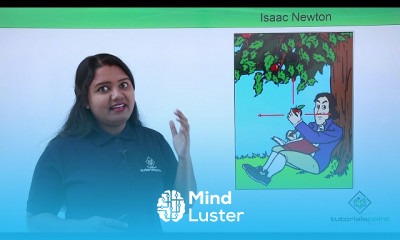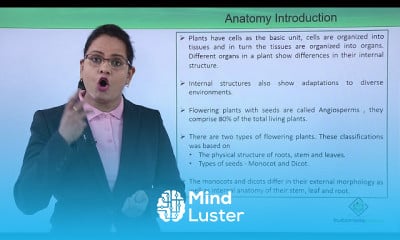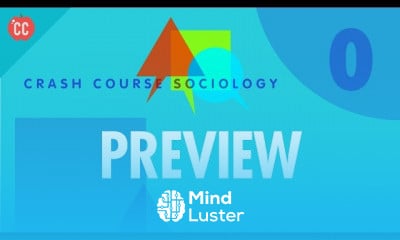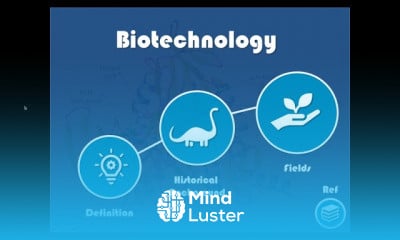Genetics and The Modern Synthesis Crash Course History of Science 35
Share your inquiries now with community members
Click Here
Sign up Now
Lessons List | 47
Lesson
Show More
Lessons
Comments
Related Courses in Science
Course Description
Who first discovered science?
Aristotle is considered by many to be the first scientist, although the term postdates him by more than two millennia. In Greece in the fourth century BC, he pioneered the techniques of logic, observation, inquiry and demonstration. How did science start?
Science (from the Latin word scientia, meaning "knowledge") is a systematic enterprise that builds and organizes knowledge in the form of testable explanations and predictions about the universe. The earliest roots of science can be traced to Ancient Egypt and Mesopotamia in around 3500 to 3000 BCE. Who wrote history of science?
Author of Michael Faraday. History of science, the development of science over time What kind of science is history?
History is one of the social sciences. It is also considered to be one of the humanities. Some other social sciences are: anthropology, psychology and. Who is the first woman scientist in the world?
When it comes to the topic of women in science, Marie Curie usually dominates the conversation. After all, she discovered two elements, was the first women to win a Nobel Prize, in 1903, and was the first person to win a second Nobel, in 1911. But Curie was not the first female scientist. Who named science?
' Prior to that, scientists were called 'natural philosophers'.” Whewell coined the term in 1833, said my friend Debbie Lee. She's a researcher and professor of English at WSU who wrote a book on the history of science Who was the most famous scientist?
The following list commemorates 10 of the greatest scientists we've ever seen who changed the world.
Nikola Tesla (1856-1943 AD)
Albert Einstein (1879-1955 AD) ...
Sir Isaac Newton (1643-1727 AD) ...
Louis Pasteur (1822-1895 AD) ...
Marie Curie Sklodowska (1867-1934 AD) ...
Thomas Alva Edison (1847-1931 AD) . Who is the king of science?
“Physics is the king of all sciences as it helps us understand the way nature works. It is at the centre of science,“ he said. As he spoke about the transformation of particle physics over the last 50 years, he said his love of the subject has only grown with each passing year.
Trends
Graphic design tools for beginners
Microsoft Excel
Artificial intelligence essentials
Bioinformatics basics
Cyber Security for Beginners | Edureka
Computer science careers
Build a profitable trading
Essential english phrasal verbs
Learning English Speaking
Making money with apps
Python for beginners
Human Resources Management
YouTube channel setup
Build a tic tac Toe app in Xcode
Microsoft Word
Excel skills for math and science
Marketing basics for beginners
Python programming language
Ubuntu linux
Chemistry
Recent
Bioinformatics basics
Bioinformatics databases
Vitamin A to Z tablets
Best zoology books
Best cream for piles pain
Laser surgery for piles
Best cream for piles
Anal fissure treatment
Best antibiotics for diseases
Antibodies structure
Macrophage structure
Drosophila genetics
Diagnostic tests
Bioinformatics
Genetics
Gene therapy
Kidney structure
DNA replication and types
Bacterial cell structure
Parasite structure




